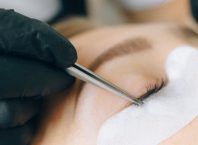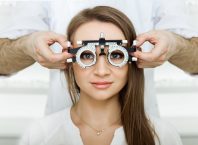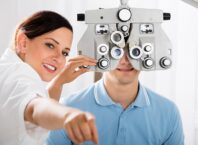Table of Contents
Eyes go through a considerable amount of microtrauma and stress every day. If unchecked, over time, minor complications can accumulate which can collectively lead to permanent damage and significant morbidity. In order to keep the eyes healthy, one must go for professional eye tests regularly. This way, if any complication or condition is detected and if it is in its early stages, measures can be employed to prevent progression.
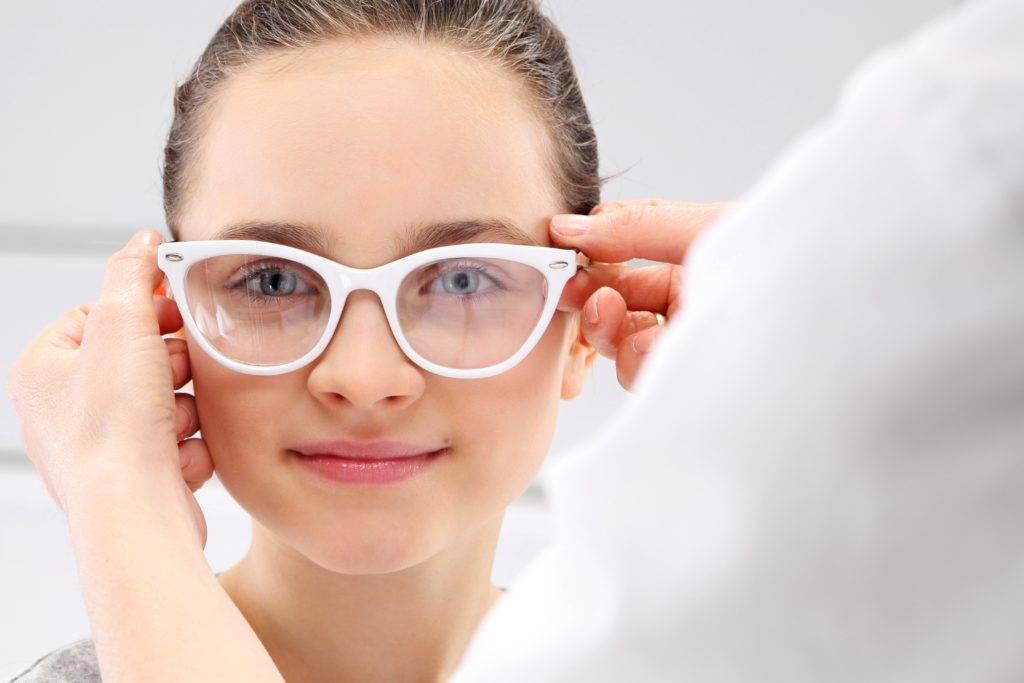
Dilation Of Pupils
Your pupils might have to be dilated for the doctors to properly examine the retina. Along with that, a number of diseases could be inferred at their early stages
Carry Your Regular Glasses, Lenses, Relevant Documents And Prescriptions
Carry any relevant medical records you have with
Explain Your Complaints Clearly
If at all you have any complaints when you go for your test, clearly mention it to your doctor. Do not hesitate. Many conditions if caught early, have a good prognosis. Also, inform the doctor of any family history like that of retinoblastoma or glaucoma.
Drug Effects
Mydriatics or pupil-dilating eye drops might be used on your eyes before the exam. These can precipitate severe glaucoma and headaches. There can be dryness of mouth, increased heart rate, and blood pressure, etc. If you have any medical history, inform your doctor. You might face blurry vision until a few hours of the examination.
Don’t Lie
Patients tend to lie to doctors out of anxiety or awkwardness. This is common and is called the white coat syndrome. But for your own better health, you need to be as truthful and blunt as possible. For example, you may be asked to identify the letters on a chart or screen. Tell the doctor exactly what you can see and what you cannot see. This will help decide if you need spectacles and if yes, then of what power.
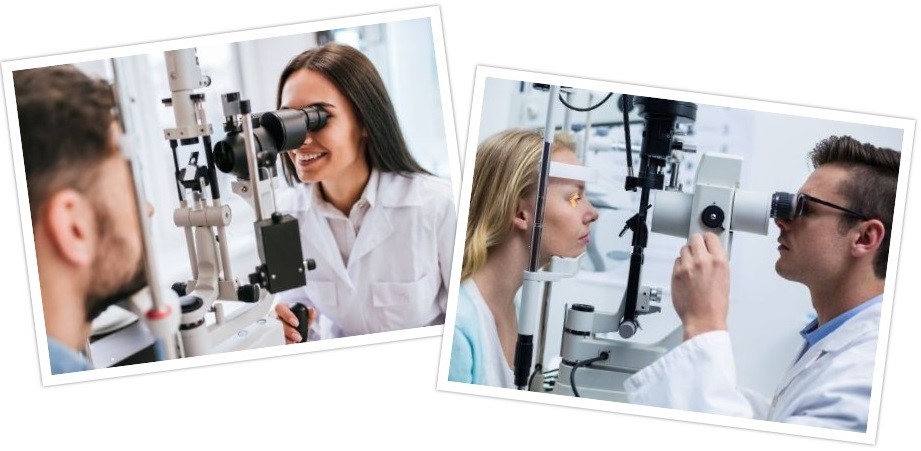
Points To Remember About The Diseases
Refractory disorders are the most important conditions including Myopia, Hypermetropia, and Presbyopia. Other common disorders are cataract, glaucoma, retinopathy, retinoblastoma, etc. Some of these conditions require glasses, some require laser surgery, some require chemotherapy and some require intensive drug therapy. It is best to avoid these conditions to avoid unnecessary morbidity. So, one should regularly go for professional eye tests, especially when suffering from conditions like diabetes.
What Must One Expect From The Doctor?
Ophthalmologists measure the strength and power of the muscles in the eyes. They, of course, do check for visual acuity or clarity for that matter. Pupillary light and accommodation reflexes are
In conclusion, eyes are often victims of trauma and need regular professional eye tests to ascertain the health and employ corrective measures wherever necessary. The ophthalmologist will look at the eye, its surrounding area, as well as the insides to make an opinion. It is crucial to share relevant details and complaints with the doctor during a checkup. Any history of drug interactions, allergies, and others should also be explicitly stated and cooperation must be extended.













